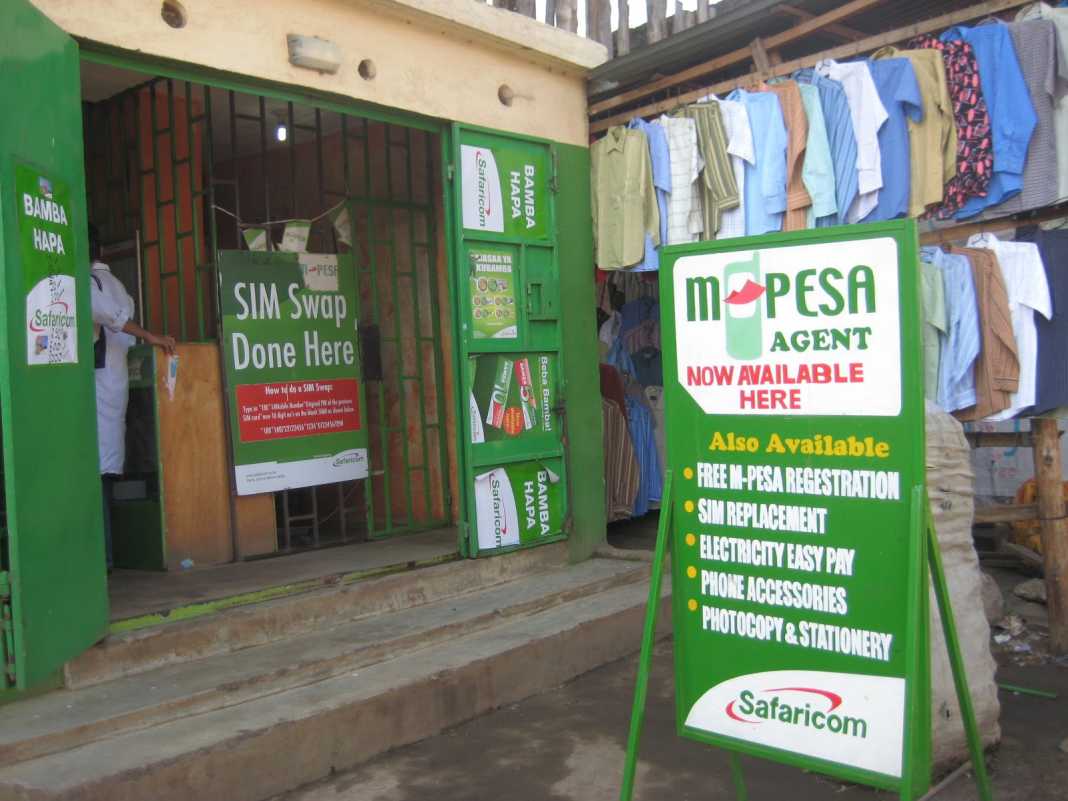The following opinion feature by economist Tony Waitima was first published in the Business Daily.
“Being dominant is not a crime,” was Safaricom CEO Bob Collymore’s response to the proposed laws that seek to level the playing field of mobile service providers.
The proposal is premised on the analysis that Safaricom is a de facto monopoly, probably due to government being a shareholder. But fact of the matter is that its dominance is market rewarded.
In Kenya, currently, there exists no monopoly in the mobile network spectrum. Safaricom leads with a market share of 67.4pc, followed by Airtel with 22.6pc and Telkom Kenya 22.6pc after Essar’s exit.
So labelling Safaricom as a monopoly in the economic sense is wrong.
It has exerted monopolistic practices in the market in the past, especially during the number porting exercise. The State’s regulatory framework should be to level the playing field through lowering barriers of entry and preventing a single company from locking customers into their product line.
But stifling the dominant player, as government intends to, through introducing a market domination cap of not more than 50 per cent market share to tilt the ground in favour of competitors is going against the same spirit of competition and killing the innovation culture in the industry.
In the same spirit of competition, it is time we open up the M-Pesa platform.
Currently, the rate of transactions flowing through the mobile money system is estimated to be close to 40pc of the country’s GDP.
Last year, Sh4.2 trillion was transacted on mobile money platforms with M-Pesa accounting for more than 95pc of these transactions, making it a de facto monopoly.
Since the 1980s, it has become both technologically and commercially possible to separate infrastructure networks from services provision and, as a consequence, to introduce competition.
It will be prudent to declare M-Pesa a common carrier – meaning the owner of infrastructure can provide services on a non-discriminatory basis by treating a competitor using its infrastructure just as it treats a customer. A clear example is how Airtel has opened up its infrastructure for Equitel and Zion Cell to rival its mobile money product.
Safaricom should open up its M-Pesa platform – at a fee – to rival players who wish to run independent mobile money systems.
This interoperability will not only be beneficial to the economy by maturing mobile money platforms through removing barriers to infrastructure investment, but also improve Safaricom’s bottom line.
It will also lead to establishment of an institutional framework that monitors financial flows, and governs standards, quality control as well as privacy in the sub-sector.

